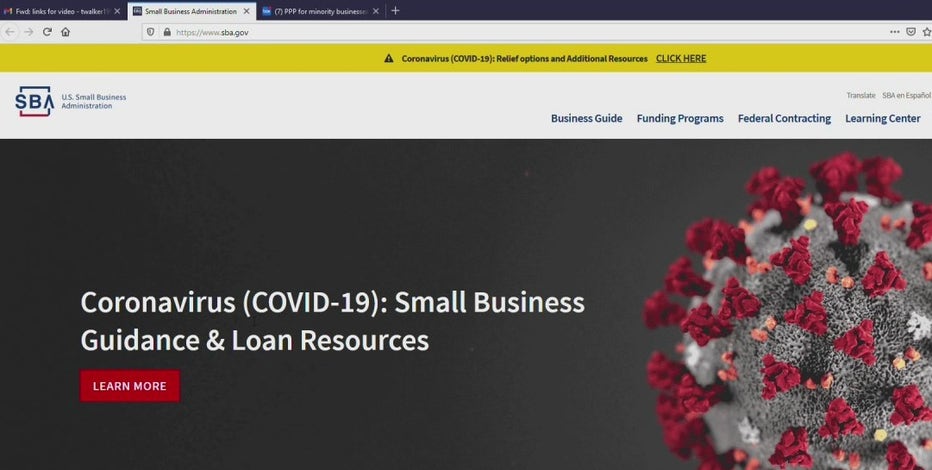Biden's COVID-relief plan is expensive, challenging

What President-Elect Biden’s Coronavirus plan could mean for you
FOX 26's Tom Zizka takes a look at the proposal announced by President-Elect Joe Biden and what it means for you if it's passed by Congress.
WASHINGTON - President-elect Joe Biden's coronavirus stimulus plan is largely what observers were expecting.
Even though a $900 billion relief package was signed into law weeks ago, President-elect Biden said, all along, that was just a down-payment on what was needed, to help those in need.
Getting the new $1.9 Trillion package passed, however, will still take some work.
The hallmark is a trillion dollars in direct-aid, including:
- An additional $1400 to most Americans, on top of the $600 passed into law, weeks ago.
- A supplemental $400, a week, in unemployment benefits.
- Rental assistance for qualified households who have lost jobs during the pandemic.
- Assistance for utility payments.
- A continuing moratorium on evictions and foreclosure.
- Increased food stamp benefits.
- Billions to help pay for child care.
- Expanded child and earned-income tax credits.
- Subsidies for health insurance premiums.
- A restoration of emergency paid leave.
RELATED: Biden aims to vaccinate 100M people in 100 days through FEMA-run mass vaccination sites
To help combat the pandemic, Biden proposes:
- $350 Billion dollars for state and local governments.
- Money for struggling small businesses.
- Assistance to schools and universities for safe operations.
- $100 Billion dollars for vaccination and testing efforts.
While the dollars and cents of the Biden proposal are debated, the nation's $27 Trillion debt continues to grow.
Featured
SBA focuses new PPP loans to help more minority-owned businesses
The Small Business Administration says it is directing PPP loans to help more minority owned businesses after so many struggled to get the first PPP loans.
Direct assistance will be helpful, in the short term, but there is 'some' concern that spending should also include an investment to grow out of our financial troubles.
"We're using debt for non-productive uses versus building things that we use debt for, that create long-term return," says RIA Advisors economist Lance Roberts, "[Things] like the Hoover Dam; the Tennessee River Valley Authority; the type of things that pay for themselves, over time. That's productive use of debt that leads to economic growth."
While Democrats will control the White House, and Capitol Hill, their margins are very tight.
Getting the plan passed, as is, is highly unlikely. Expect the process to take weeks, before anything gets done.
MORE DETAILS: Biden unveils $1.9 trillion COVID-19 stimulus plan, including $1,400 stimulus checks


